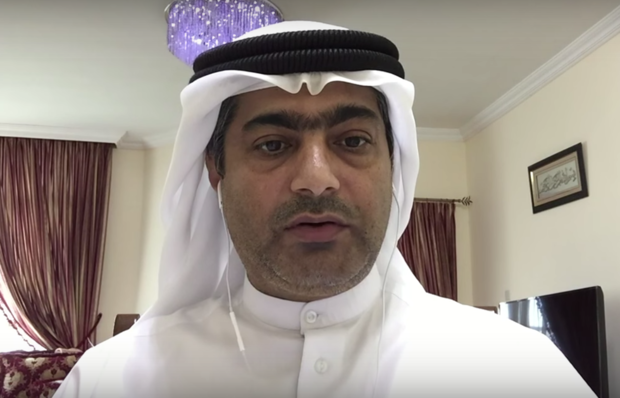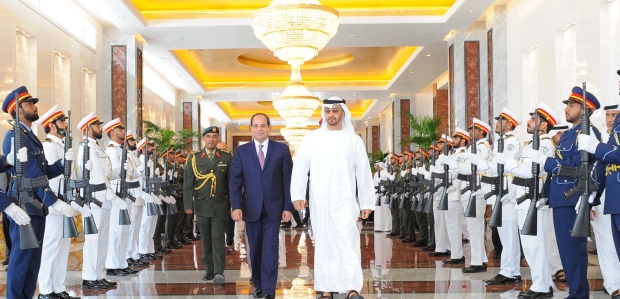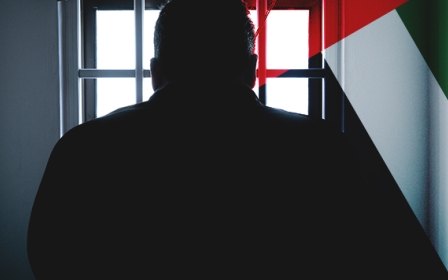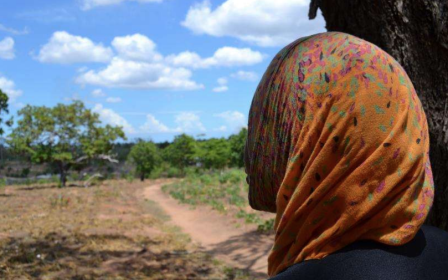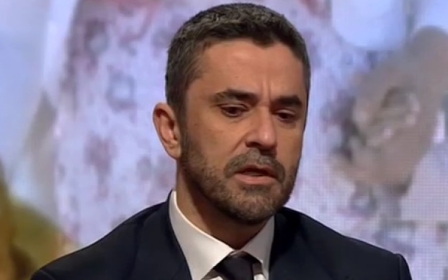How the UAE justifies its clampdown on dissenting voices
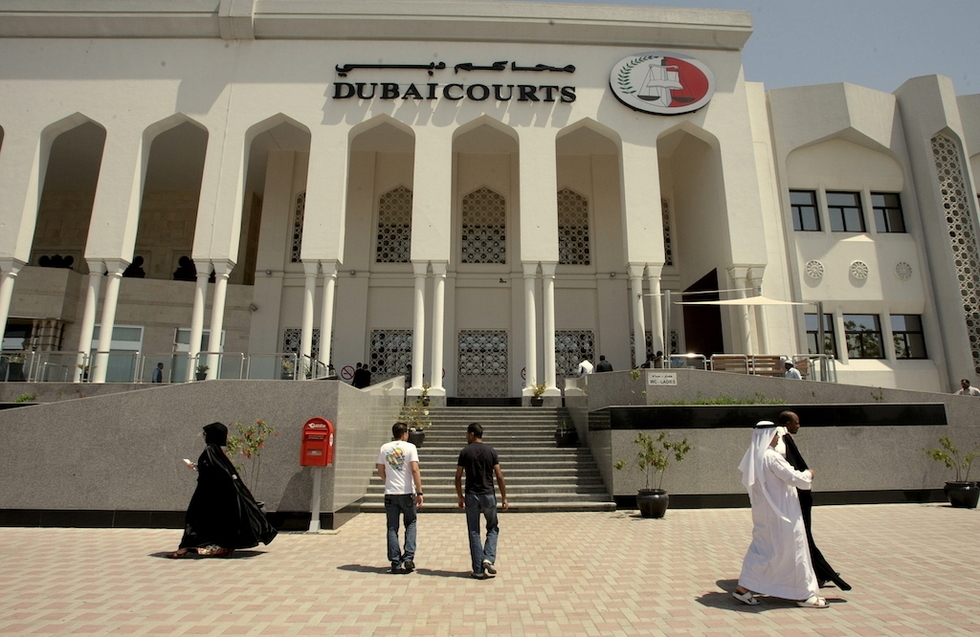
In a story that did the rounds last week, the United Arab Emirates representative to the UN, Ahmed Awad, stormed out of a Universal Periodic Review (UPR) pre-session in Geneva after refusing to directly address criticisms made by civil society groups concerning the deteriorating human rights situation in the country.
Introduced by the United Nations General Assembly in 2006, the UPR takes place every five years and involves a review of the human rights records of all UN member states.
The pre-session is a space in which civil society groups can advocate directly to state delegations ahead of the UPR session, which in the UAE's case will be in January 2018.
It is imperative that the international community take note of such developments and do more to exert pressure on the Emirati authorities to adhere to international human rights legislation
A marked increase in abuses
Present at the meeting was the International Campaign for Freedom in the UAE (ICFUAE), Reprieve, Al-Karama, Treatment Action Group, Americans for Democracy and Human Rights in Bahrain, and the International Campaign for Justice and Human Rights.
Statelessness, attacks on and imprisonment of human rights defenders, torture, curtailments of freedom on speech and migrants rights were just some of the issues raised at the hour long session.
The last five years have seen a marked increase in human rights abuses in the UAE so much so that there is now a proliferation of predominantly western based NGOs that focus much of their resources on cases in the country.
Typically, a UPR pre-session enables civil society groups from the state under review to table concerns regarding human rights in their own country. However, Emirati groups were noticeably absent at the UAE's session last week.
The ICFUAE speaker highlighted this at the start of her presentation, stating that "there appears to be no independent civil society active inside the UAE, so victims report violations to international organisations such as ourselves".
Since the arbitrary detention of the the award-winning human rights activist, Ahmed Mansoor, there is next to no one inside the country speaking or advocating on such issues. Mansoor was arrested earlier this year for engaging with UN mechanisms and international NGOs on issues concerning human rights inside the country.
UN experts have since labelled his continued detention as a "direct attack" on human rights defenders everywhere. Prior to his arrest, he commonly referred to himself as "the last man speaking out on human rights in the UAE".
Clamp-down on dissent
A similar situation holds sway over many others, who are currently serving lengthy sentences for highlighting such issues and making calls relatively modest calls for reforms inside the country, including the prominent Emirati academic Nasser Bin Ghaith and the internationally renowned human rights lawyer Mohammed al-Roken.
The Emirati authorities' clamp-down on dissenting voices in the post-Arab Spring landscape has been such that it now has one of the highest rates of political prisoners per-capita anywhere in the world.
During their statement, Al Karama highlighted the UAE authorities' increasingly dismissive attitude towards international human rights law and their failure to engage seriously with UN mechanisms.
Since 2012, the UN Working Group on Arbitrary Detention (WGAD) has declared more than 85 detentions of individuals as "arbitrary" and as a direct consequence of exercising their fundamental right to freedom of expression.
Although the WGAD called for their immediate release, the large majority of these individuals remain in detention today. Additionally, the Emirati authorities have repeatedly ignored numerous visit requests from multiple UN Special Rapporteurs to monitor issues such as arbitrary detention and torture.
After the panel concluded their statements, the Emirati delegate, Ahmed Awad, took the floor. However, rather than responding to the raised allegations or mentioning positive achievements made since the last review, he attempted to justify the actions of the Emirati state by alluding to a "state of emergency" in a European nation as a response to threats of terrorism.
He was interrupted by the Chair, who reminded him that this was not the time for a debate, and he responded by retorting that the session was a "waste of time" and promptly left the room.
International community pressure
The excuse of preventing terrorism in order to justify systematic human rights violations is not a new one; indeed, authoritarian regimes across the region, from Assad in Syria to Sisi in Egypt, have utilised this discourse as a means to ruthlessly repress dissenting voices.
In the UAE the vague provisions that constitute the state's 2014 Anti-Terrorism Law, according to Human Rights Watch, enable Emirati courts "to convict peaceful government critics as terrorists and sentence them to death".
According to this law, the death penalty or life imprisonment is sentenced to those who attempt, in the court's eyes, "to undermine the stability, safety, unity, or sovereignty of the state" or "national unity or social peace," with 3-15 years provided for anyone that "publicly declares [...] animosity or lack of allegiance to the or the regime".
This, along with the 2012 Cyber crime Law which criminalises online criticism of the regime, has all but crushed any potential for political opposition.
More than anything, this session highlighted the perilous task faced by those inside the UAE raising the issue of human rights abuses. The dismissive response from Awad last week will come as no surprise to the scores of bloggers, human rights defenders, and political activists who find themselves imprisoned in the country for little more than exercising their rights to freedom of speech and assembly.
It is imperative that the international community take note of such developments and do more to exert pressure on the Emirati authorities to adhere to international human rights legislation. Until this happens, one can only remain cynical about the prospects for freedom, democracy and human rights to prevail in that country.
- Joe Odell is Press Officer for the International Campaign for Freedom in the UAE. He has an MA in Middle East Politics from the School of Oriental and African Studies.
The views expressed in this article belong to the author and do not necessarily reflect the editorial policy of Middle East Eye.
Photo: Pedestrians walk past Dubai's courts building (AFP)
Middle East Eye propose une couverture et une analyse indépendantes et incomparables du Moyen-Orient, de l’Afrique du Nord et d’autres régions du monde. Pour en savoir plus sur la reprise de ce contenu et les frais qui s’appliquent, veuillez remplir ce formulaire [en anglais]. Pour en savoir plus sur MEE, cliquez ici [en anglais].



